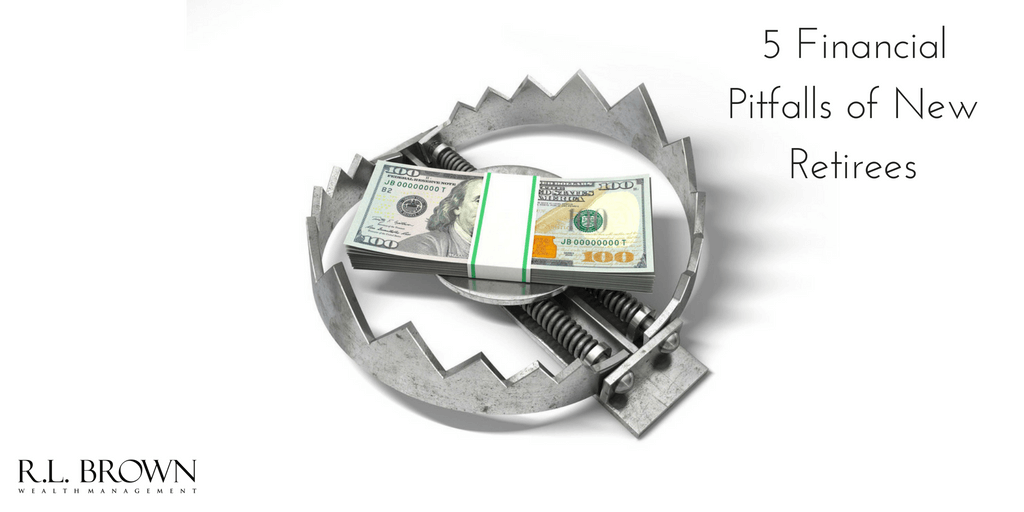These days, even many of the most financially stable Baby Boomers are showing a reluctance to retire. So what’s so alluring about the workforce after spending decades enduring the 9-5 grind?
New survey data from The Pew Charitable Trusts highlights how perceptions of retirement have changed for this generation. Boomers expect to work into their sixties and seventies, the survey said; and that behavior often reflects an interest to remain engaged in their respective vocations rather than staying employed out of financial necessity.
Pew asked heads of 7,000 U.S. households how they envisioned retirement and also added survey responses from focus groups in Phoenix, Orlando and Boston. Just 26% of respondents felt their retirements would be work-free. A slight majority (53%) told Pew they would probably work in some context in the next phase of their lives, possibly in a different vocation or business; and 21% said they had no intention to retire at all.
“Boomers’ notoriously hard-charging work ethic and drive to get ahead may make it difficult for them to envision downshifting into the slower pace of retired life,” gallup.com noted in a January 2014 article.
So what does this trend mean for Boomers, the rest of the workforce, and our economy as a whole? Let’s take a look:
Less Opportunities for Younger People
According to an August 2014 report released by the Bureau of Labor Statistics, 22% of American workers are over the age of 55, making our workforce the oldest it has ever been.
That obviously reduces opportunities for the younger generation to climb the corporate ladder and expand their careers in a timely manner. Many may feel stuck in their positions and unable to advance to upper-management due to Baby Boomers holding on to those titles.
Less Burden on Healthcare and Social Security
Some experts wonder how our country would financially cope if all Baby Boomers retired at once.
That generation would all be drawing from Medicare and Social Security funds at the same time, the latter of which some believe is in danger of running dry by the time the younger generations retire. By more Boomers remaining in the workforce, our system may be protected from some serious damage due to overuse.
Less Debt for Boomers
While many Baby Boomers simply prefer to continue working into their golden years, debt issues definitely play a role in why some have chosen this path.
The 2008-2009 economic recession, which caused a storm of layoffs, pension and stock losses, and decreased home values, also resulted in increased for debt Boomers that were otherwise almost financially prepared to retire.
A study published by the Employee Benefit Research Institute in January (Debt of the Elderly and Near Elderly, 1992-2013) shows a 2.0% increase in the percentage of indebted households in the U.S. headed by breadwinners 55 and older from 2010-13 (reaching 65.4% at the end of that period).
EBRI says median indebtedness for such households hit $47,900 in 2013 compared to $17,879 in 1992. It notes that larger mortgage balances have been a major factor in this.
So by working longer, Boomers are reducing their debt so they can sail through their final years of life worry-free.
More Diligence in Monitoring Medicare and Social Security
Baby Boomers that remain in the workforce longer must pay special attention to their Medicare and Social Security benefits to make sure they are receiving everything for which they are eligible.
While Baby Boomers will qualify for Medicare Part A (hospital coverage) at 65, those that are still employed should also sign up for Part B (doctor visits) within the eligible enrollment window and either a Part C plan or Medigap coverage plus Medicare Part D.
Medicare will become the primary insurance for employees at firms with less than 20 workers when they turn 65, even if that company sponsors a health plan. At firms with 20 or more workers, the workplace health plan takes precedence over Medicare coverage, with 65-year-olds maintaining their eligibility for that employer-sponsored health coverage provided they work the required number of hours.
Boomers who are employed at larger companies may sign up for Part A, and then enroll in Part B and optionally a Part C plan or Part D with Medigap coverage within eight months of retiring. They are not required to wait for the next open enrollment period.
According to a recent Forbes article, before age 66, Federal retirement benefits may be decreased if retirement income exceeds certain limits. In 2015, if you are 62-65 and receive Social Security, $1 of your benefits will be withheld for every $2 that you earn above $15,720. If you receive Social Security and turn 66, this year, then $1 of your benefits will be withheld for every $3 that you earn above $41,880.
The Social Security website states that Social Security income may also be taxed above the program’s “combined income” threshold. (“Combined income” is defined as adjusted gross income + non-taxable interest + 50% of Social Security benefits).
Single filers with combined incomes from $25,000-34,000 may have to pay federal income tax on up to 50% of their Social Security benefits in 2015, and that also applies to joint filers with combined incomes of $32,000-44,000. Single filers with combined incomes above $34,000 and joint filers whose combined incomes are more than $44,000 may be required to pay federal income tax on up to 85% of their Social Security benefits.






